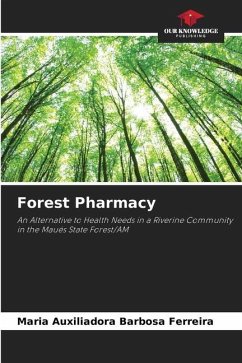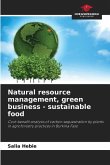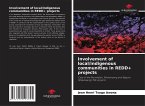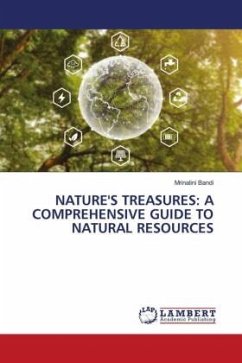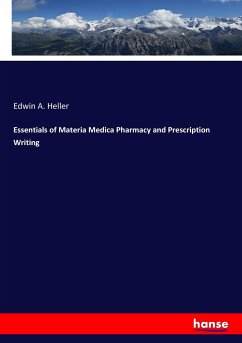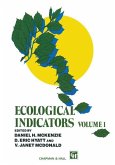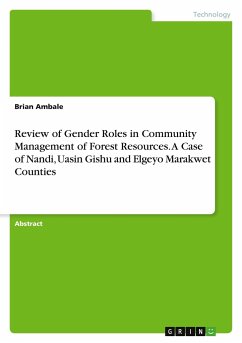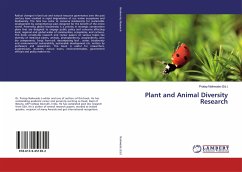In this book, Maria Auxiliadora Barbosa Ferreira presents a study on the use of natural resources by traditional populations, with an emphasis on the use of medicinal plants, considering the ecological, economic, pedagogical and organizational aspects. She discusses the importance of organization as a fundamental role in community development, especially in meeting the needs for social goods and services. It highlights the mechanisms used by the community, such as the expansion of the community garden for the production of medicinal plants, with more than a thousand seedlings and more than sixty-nine plant species, and a Community Pharmacy that meets health needs. It presents a proposal for implementing state and municipal policies on medicinal plants and phytotherapics that legitimize innovative experiences and mainly meet the health needs of rural communities such as Ebenezer in Maues/AM, producing the following results: valuing and incorporating traditional knowledge and culture into local economic and social dynamics, promoting social, educational and economic benefits in the field of health, the environment and sustainable development.
Bitte wählen Sie Ihr Anliegen aus.
Rechnungen
Retourenschein anfordern
Bestellstatus
Storno

